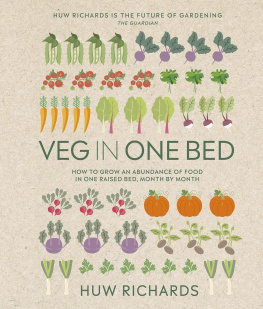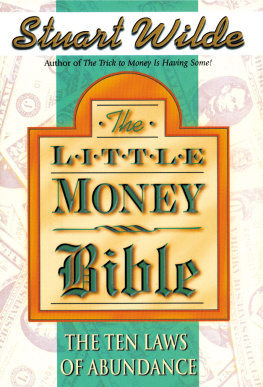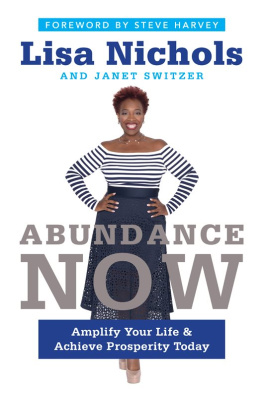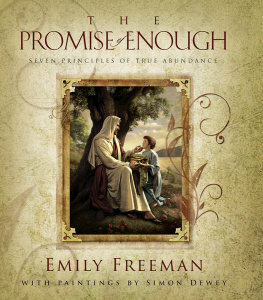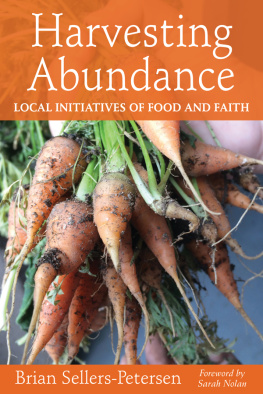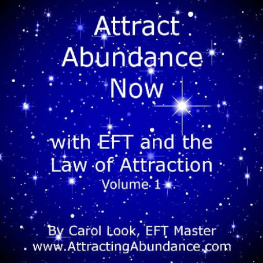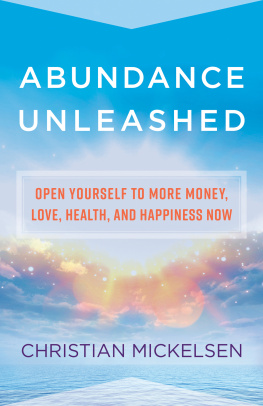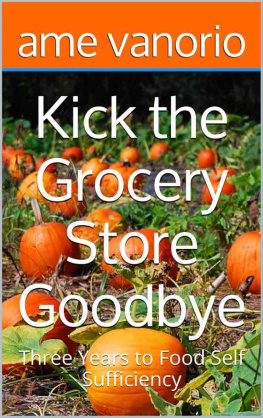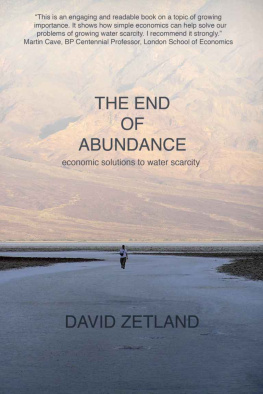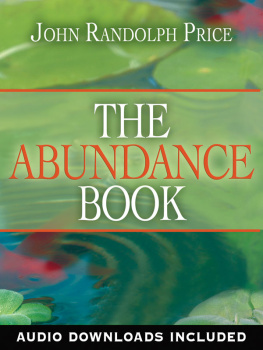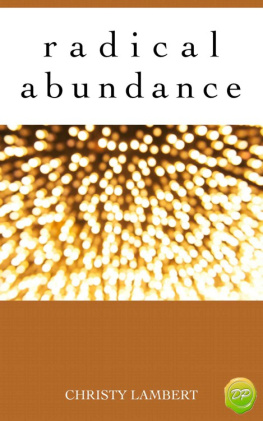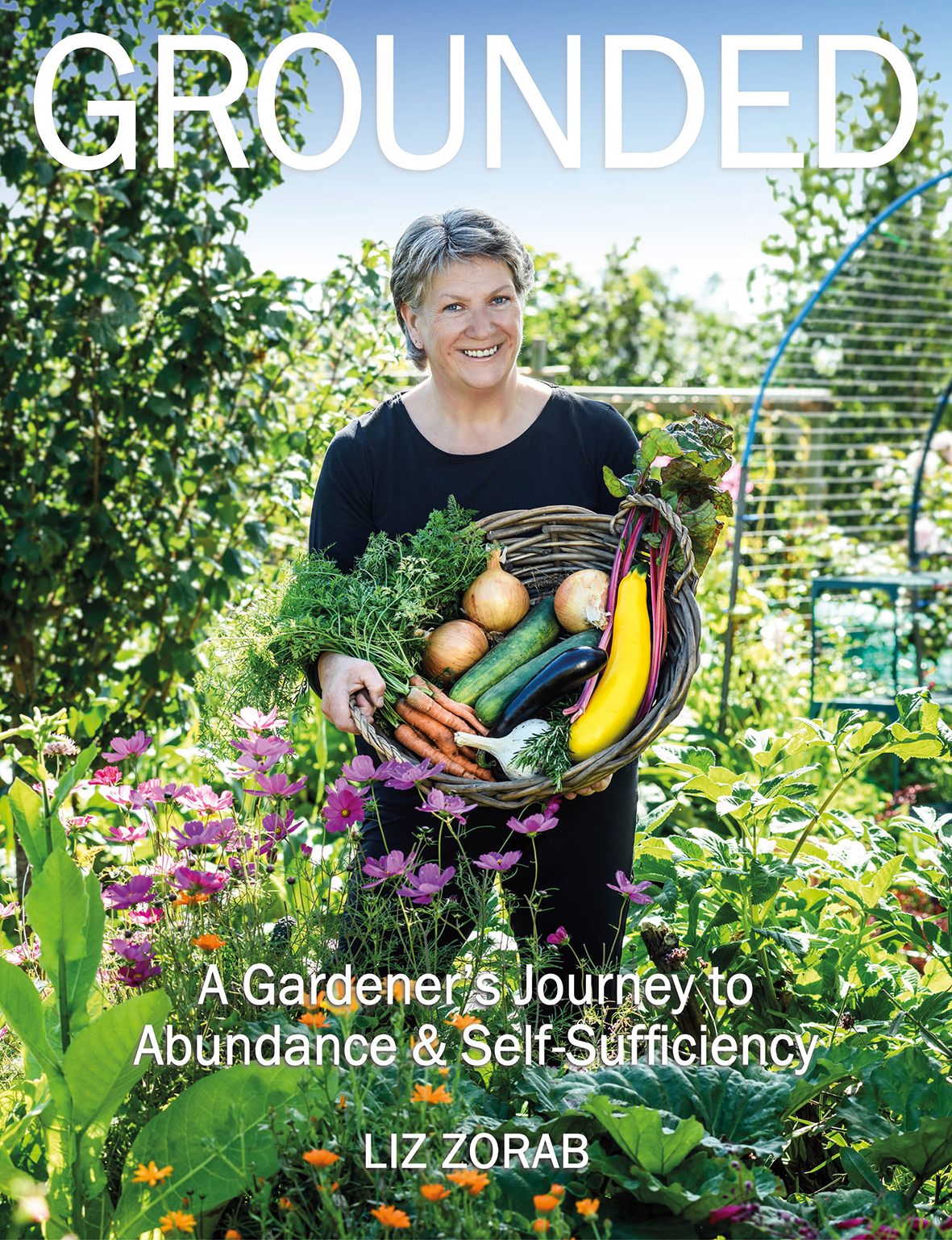Contents
Published by
Permanent Publications
Hyden House Ltd
The Sustainability Centre
East Meon
Hampshire
GU32 1HR
United Kingdom
Tel:01730 776 582
International: +44 (0)1730 776 582
Email:
Web: www.permanentpublications.co.uk
Distributed in North America by
Chelsea Green Publishing Company, PO Box 428, White River Junction, VT 05001, USA
www.chelseagreen.com
2021 Liz Zorab
The right of Liz Zorab to be identified as the author of this work has been asserted by her in accordance with the Copyrights, Designs and Patents Act 1998
Designed by Two Plus George Limited,
Cover photograph by Jason Ingram, www.jasoningram.co.uk
Cover design by Gail Harland
British Library Cataloguing-in-Publication Data
A catalogue record for this book is available from the British Library
ISBN 978-1-85623-303-3 (digital editions)
All rights reserved. No part of this publication may be reproduced, stored in a retrieval system, rebound or transmitted in any form or by any means, electronic, mechanical, photocopying, recording or otherwise, without the prior permission of Hyden House Limited.
About the Author
Liz Zorab spent more than 20 years working with specialist housing charities and in community development, including setting up the first time bank project in the UK. An award-winning gardener, she gained an RHS Silver Medal for a community-led garden featured on BBCs Gardeners World Live in 2002.
A health crisis led Liz to turn to her life-long passion for gardening and growing food as a career. She now runs Byther Farm with her husband, Mr J, using permaculture practices with regenerative and instinctive gardening. On less than 0.8 acre, she grows over 80% of the food and drink they enjoy each year, giving them food security, resilience and increased self-reliance. They also sell vegetables via a community supported agriculture model.
She enjoys spending time with her grandchildren, watching rugby, and creative handicrafts and has a distinct dislike of housework.
Liz regularly writes for Permaculture Magazine , teaches gardening and self-sufficiency skills and encourages thousands of people to take up their trowels and live their dreams through a vibrant YouTube Channel, Liz Zorab Byther Farm .
For Mark, Cecily, Hunter and Magnus
I was going to create something that worked for us but gave nature, in all its forms, a space to be safe.
Byther Farm, summer 2020
Foreword by Huw Richards
It was a warm, early Autumn day in 2018 when I arrived at Byther Farm for the first time. I remember not being able to find the right house and resorted to phoning Liz for directions, only for her to tell me to turn around and look at the woman waving at the other end of the field. A few moments later, I pulled into the drive of a place that would soon become one of my favourite spots.
Anyone who knows Liz personally would agree that she is a fantastic host, and she was encouraging me to have food and a cup of tea after my long journey, but I wasnt hungry because I was aching for a personal tour of the plot. From what I had seen from her videos and reading her blog posts, Byther Farm is perhaps the best working example of realistic small-scale self-sufficiency within the UK. A real gem, nestled at the end of a lane, surrounded by vast monocultural fields. A splash of paradise.
There is something incredibly special about seeing a place for the first time with your own eyes when previously youve only been able to view it on a screen. It brought a great sense of perspective, and I could see just how well Liz had given multiple purposes to every single element on her micro homestead. One example that stands out in my mind is how Liz mulches her paths with wood chips; they make it gentle on the knees as you walk on them, hide the weed membrane underneath, and then once the chips have broken down into compost, Liz scoops them up and places on the surrounding raised beds.
One of the things I love in Grounded is learning how Liz instilled permaculture principles right from the start. The information she shares here is gold dust for anyone wanting to grow their own food, expand their range of crops or reach their personal self-sufficiency goals. One of the techniques I cannot wait to try is called a Circle of Love which uses straw bales, compost materials and chickens to create high-quality compost throughout the year.
I think Liz would agree that this isnt a how to book, but one that sows seeds for you to choose your own journey towards self-sufficiency. Every journey will be different, but the information shared in Grounded serves as an invaluable resource every step of the way.
There is also a big focus on attitude, and how one simple change can lead to huge long-term results. For example, Liz always likes to experiment with new methods of growing crops, rather than falling for the same old ways year in, year out. On page 122 she says, I want to carry on being amazed by nature and the garden, and this is something that every gardener should also want. It is the single biggest factor in how to get the most from your garden both in terms of productivity and pleasure something I have focused on with my approach to gardening this year.
I was struck by how much information is in Grounded it covers every single angle of starting from scratch. There are small lesson boxes throughout the book that provide us with nuggets of information that will potentially save us time and money. The beauty of Grounded is it provides the mental toolkit needed to unlock homegrown food abundance from an empty or under-used space.
You will get a real sense of how remarkable Lizs journey has been over the last few years: From being crippled by illness, spending weeks in bed, to growing 85% of her familys food in just three years, and now writing a book that describes the entire process... This is not only an inspirational example of self-sufficiency, but also of self-healing. Her journey is nothing short of a miracle.
Not only has she created an abundant and bountiful space that has transformed her own world, but she has also helped hundreds of thousands of people across this planet to grow more food, overcome personal obstacles, and enjoy life with greater fulfilment and friendship. I am more than happy to say that Liz isnt just a close friend, but also a real hero of mine.
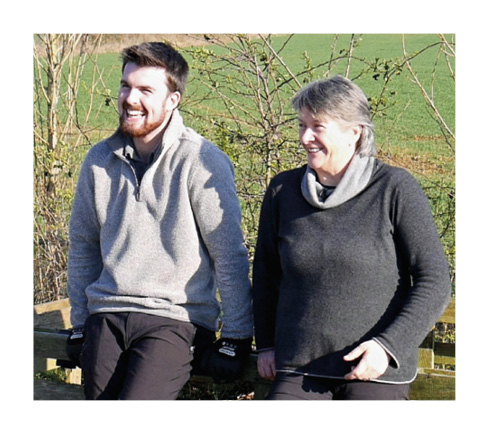
Liz teaches us to learn from what has and hasnt worked, and to understand that very often the most significant difference comes down to being open and flexible. She says things as they are and her transparency makes for a refreshing read, turning negatives into opportunities for growth. She keeps it real, and whilst it is easy to dream big about our own growing goals, its vital we stay grounded if we are to reach them. After all, there isnt much oxygen on Cloud 9. So if you are looking for a book that covers the inspirational transformation of a blank canvas into a food paradise in a few short years whilst being on a tight budget, then look no further.


